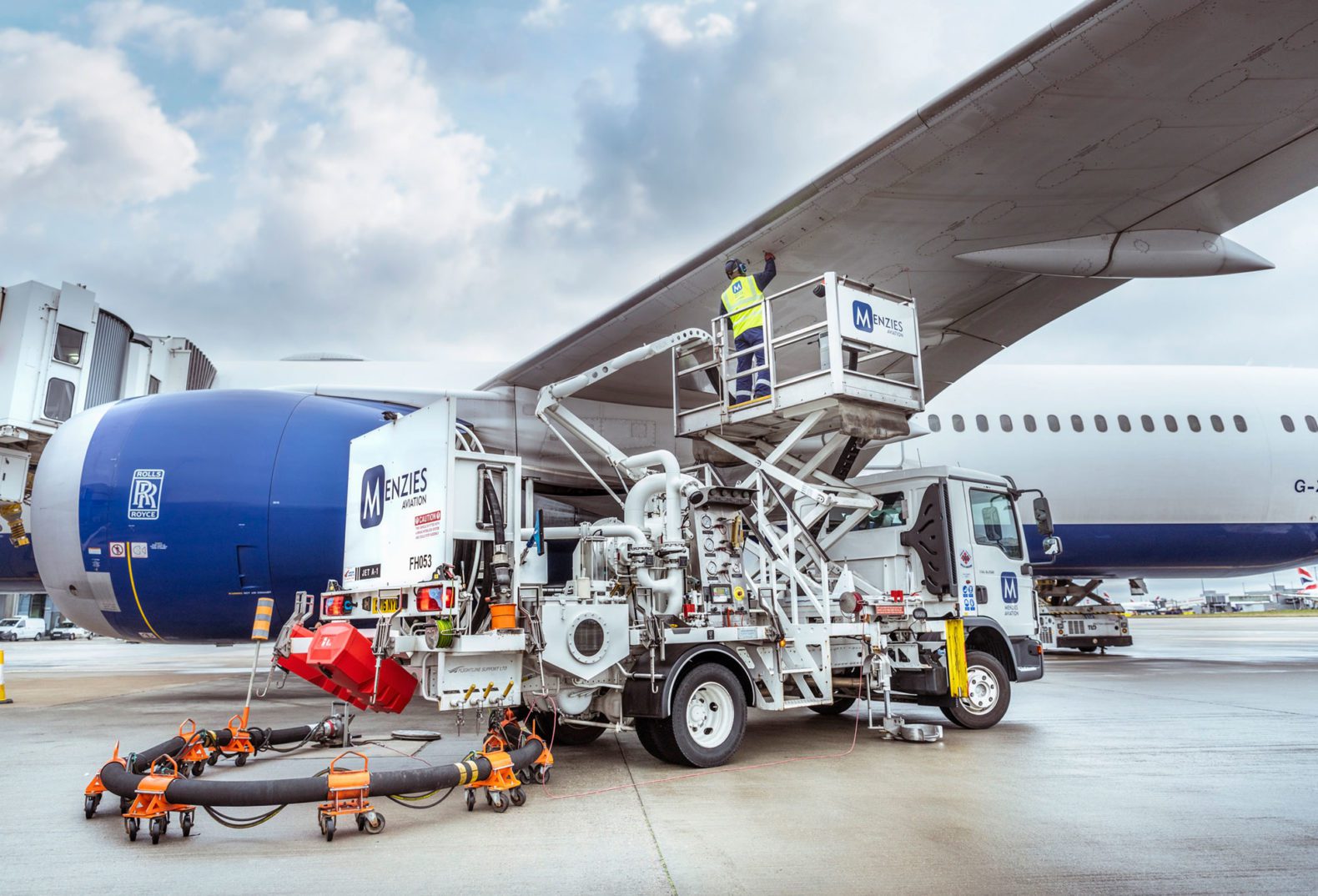
Aviation fuel management is a critical aspect of the aviation industry, ensuring flights operate efficiently and safely. But what exactly does it involve? Aviation fuel management encompasses the planning, monitoring, and controlling of fuel usage from the moment it is loaded onto an aircraft until the flight reaches its destination. This process not only helps in reducing costs but also minimizes environmental impact. Effective fuel management can lead to significant savings for airlines, which is why it’s a top priority for aviation professionals. From understanding fuel types to implementing advanced technologies, there’s a lot to learn about how fuel is managed in the skies. Ready to dive into the world of aviation fuel management? Let's explore 12 fascinating facts that will give you a deeper understanding of this essential practice.
Key Takeaways:
- Aviation fuel management is crucial for safe, efficient, and cost-effective flights. It involves using advanced technology, optimizing flight paths, and carrying extra fuel reserves for unexpected situations.
- Proper storage, handling, and monitoring of aviation fuel are essential to maintain its quality and safety. This includes regular inspections of storage tanks, detecting and eliminating contaminants, and adhering to environmental regulations.
The Importance of Aviation Fuel Management
Aviation fuel management is crucial for ensuring safe, efficient, and cost-effective flights. Here are some fascinating facts about how this system works.
-
Fuel Efficiency: Airlines constantly seek ways to improve fuel efficiency. This not only reduces costs but also minimizes environmental impact. Advanced technology and optimized flight paths play significant roles in achieving this.
-
Fuel Types: There are different types of aviation fuel. Jet A and Jet A-1 are the most common for commercial flights, while Avgas is used for smaller aircraft. Each type has specific properties suited to different engines.
-
Fuel Reserves: Pilots must always carry extra fuel. This reserve accounts for unexpected delays, diversions, or emergencies. Regulations often dictate the minimum reserve required.
Fuel Storage and Handling
Proper storage and handling of aviation fuel are essential to maintain its quality and safety. Here are some key points about this aspect.
-
Storage Tanks: Aviation fuel is stored in large tanks at airports. These tanks are designed to prevent contamination and maintain fuel quality. Regular inspections ensure they remain in good condition.
-
Fuel Contamination: Contaminants like water, dirt, or microbial growth can degrade fuel quality. Strict protocols are in place to detect and eliminate contaminants before fuel reaches the aircraft.
-
Fuel Transfer: Transferring fuel from storage tanks to aircraft involves specialized equipment. This process must be carefully monitored to prevent spills and ensure accurate fuel delivery.
Fuel Consumption and Monitoring
Monitoring fuel consumption is vital for efficient flight operations. Here are some interesting facts about how this is done.
-
Fuel Gauges: Aircraft are equipped with advanced fuel gauges. These instruments provide real-time data on fuel levels, helping pilots make informed decisions during flights.
-
Fuel Burn Rate: The rate at which an aircraft consumes fuel varies based on factors like altitude, speed, and weather conditions. Pilots and flight planners use this information to optimize routes and reduce fuel usage.
-
Fuel Jettisoning: In emergencies, aircraft may need to jettison fuel to reduce weight for a safe landing. This is done over designated areas to minimize environmental impact.
Environmental Impact and Regulations
Aviation fuel management also involves adhering to environmental regulations and finding ways to reduce the industry's carbon footprint.
-
Carbon Emissions: Aviation contributes to global carbon emissions. Airlines are investing in more efficient engines and sustainable fuels to mitigate this impact.
-
Sustainable Aviation Fuel (SAF): SAF is made from renewable sources like plant oils or waste materials. It can significantly reduce carbon emissions compared to traditional jet fuel.
-
Regulatory Compliance: Airlines must comply with various international regulations regarding fuel management. These rules ensure safety, efficiency, and environmental protection.
Final Thoughts on Aviation Fuel Management
Aviation fuel management is crucial for safe, efficient flights. Knowing the types of fuel, how they're stored, and the importance of fuel economy can make a big difference. Pilots and ground crews work together to ensure every drop is accounted for, reducing costs and environmental impact. Innovations like biofuels and advanced monitoring systems are paving the way for a greener future. Understanding these aspects helps us appreciate the complexity behind every flight. Next time you board a plane, remember the meticulous planning that goes into fueling it. This knowledge not only highlights the importance of aviation fuel management but also underscores the ongoing efforts to make air travel more sustainable. So, whether you're an aviation enthusiast or just curious, these facts offer a glimpse into the fascinating world of aviation fuel.
Frequently Asked Questions
Was this page helpful?
Our commitment to delivering trustworthy and engaging content is at the heart of what we do. Each fact on our site is contributed by real users like you, bringing a wealth of diverse insights and information. To ensure the highest standards of accuracy and reliability, our dedicated editors meticulously review each submission. This process guarantees that the facts we share are not only fascinating but also credible. Trust in our commitment to quality and authenticity as you explore and learn with us.


